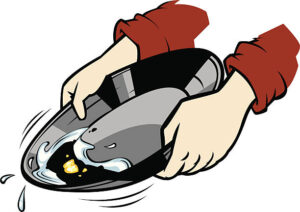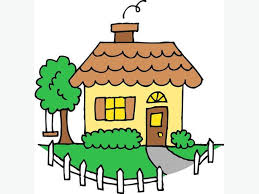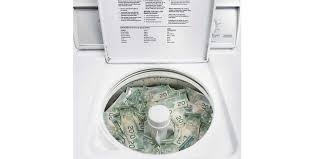 March 2022
March 2022
From Vancouver to New York City, London and Sydney there is a glut of high-end condos nobody wants to purchase. Toronto has been less-impacted by this global wave of luxury property development not intended for sale to local residents.
Developers planned to sell luxury high-rise properties as investments to wealthy individuals during a boom that peaked in 2014 and 2015. Many of these homes were intended for sale to wealthy Asians as a way to store wealth in a stable location. Foreign buyers paid above-market prices for homes, not anticipating that subsequent government intervention would impact on them. Prospective local buyers, panicked by fear of being priced out of the market, increased both demand and prices. Local speculators capitalized on the situation.
Governments around the world intervened. China introduced curbs on capital flows leaving the country. New Zealand banned most property purchases by non-resident overseas buyers. United Kingdom increased the tax on higher-priced homes then added a surcharge for any second home and investor-buyers. New South Wales, Australia, doubled its surcharge for overseas buyers to eight percent in 2017. In the United States limits were imposed on property tax and mortgage interest deductions.
In Canada, British Columbia imposed taxes including one on overseas buyers at 15 percent of property value, later increased to 20 percent. A registry of “flippers” was created to address tax evasion. Vancouver, along with other markets, reversed. Vancouver home sales dropped to its’ lowest level in decades. In London, anticipated price appreciation of 21.5 percent by the end of 2020 turned into a 10.4 percent decline according to data provider LonRes.
 Vancouver has been transformed by overseas capital purchasing property estimated at $75 billion. Some estimate that one in four newly built condos are owned by non-residents. Home prices increased by about 80 percent over five years prior to May 2018.
Vancouver has been transformed by overseas capital purchasing property estimated at $75 billion. Some estimate that one in four newly built condos are owned by non-residents. Home prices increased by about 80 percent over five years prior to May 2018.
Properties, which sold for millions or tens of millions of dollars, looked good on paper. Many were pre-construction properties expected to increase in value by 15 percent or more prior to completion. Buyers have lost hundreds of thousands of dollars on individual purchases amounting to decreases in value of 20 percent or more.
Ironically, many of these properties were not purchased by wealthy individuals. It became accepted for families to combine savings to pay property deposits. They ended up losing their family savings.
 Developers appear to have overestimated the market. Many of these luxury properties came to completion after markets reversed. Government crackdowns intended to reduce impact on local markets have left developers, property investors and lenders to adjust. Lenders are issuing inventory loans to developers unable to pay construction loans because 40 percent of properties remain unsold. Banks and other lenders can be forced to take over and find ways to sell properties when fewer are willing to purchase at inflated prices. Purchasers find that rental prices are unable to cover the mortgage, monthly condo fees and taxes.
Developers appear to have overestimated the market. Many of these luxury properties came to completion after markets reversed. Government crackdowns intended to reduce impact on local markets have left developers, property investors and lenders to adjust. Lenders are issuing inventory loans to developers unable to pay construction loans because 40 percent of properties remain unsold. Banks and other lenders can be forced to take over and find ways to sell properties when fewer are willing to purchase at inflated prices. Purchasers find that rental prices are unable to cover the mortgage, monthly condo fees and taxes.
Cities affected by these luxury condos have undergone long-term change. In Vancouver, thousands of homes have been torn down to build high-rise towers and large homes that remain vacant. These properties have a limited time before they become run-down, abandoned or redeveloped. The current surplus of luxury properties nobody wants to purchase and a shortage of homes people can afford to buy will have lasting impact on major cities in Canada and elsewhere. Homes that sell for eight to 12 times income, paid for with borrowed money by average people, are and have always been unsustainable.







